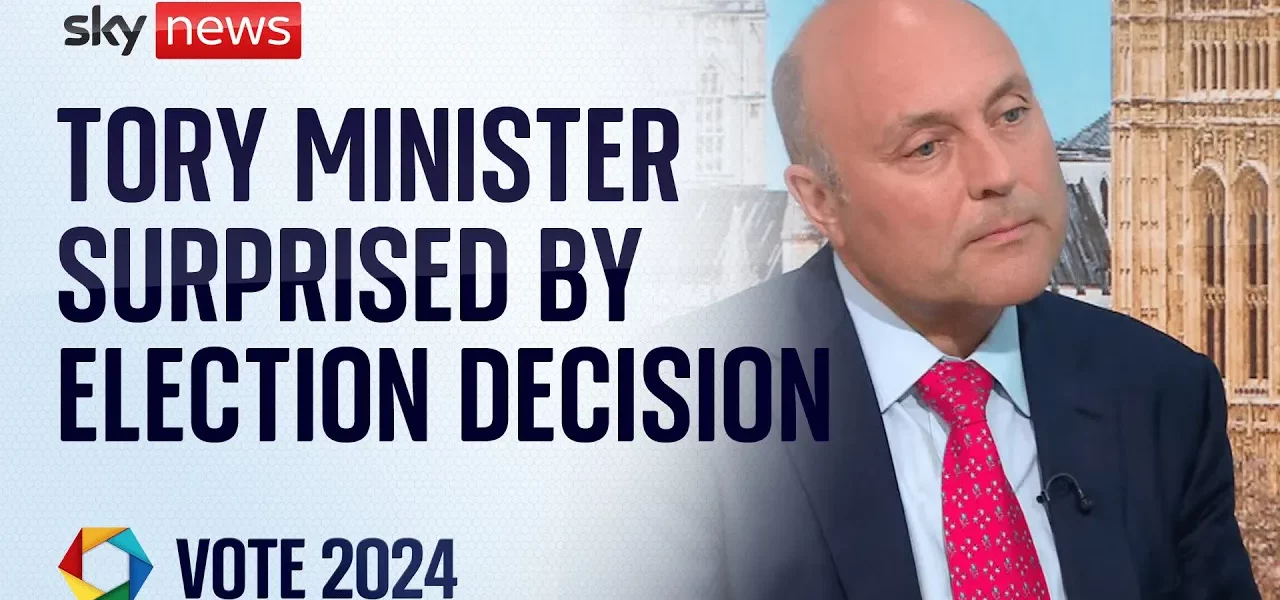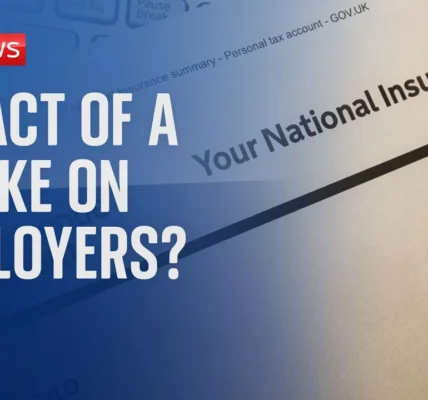Andrew Griffith Discusses Immigration Challenges and Conservative Party’s Record

In a recent interview, Andrew Griffith, the UK’s Science Minister and member of the Conservative Party, delves deep into the complexities of immigration in the UK. He addresses the party’s record on immigration, the challenges faced, and the strategies being implemented to manage migration effectively.
Introduction
Immigration remains one of the most contentious issues in the UK, shaping political discourse and public sentiment. Andrew Griffith’s recent commentary sheds light on the Conservative Party’s approach to immigration policy, particularly amid rising migration numbers and associated challenges. The conversation provides a comprehensive look at the legislative measures taken, the context of global migration trends, and the party’s strategic plans moving forward.
Current State of Immigration in the UK
As Griffith notes, the current immigration landscape is influenced by several factors, including geopolitical instability, economic challenges, and public health crises like COVID-19. The reality of immigration is complex, and the Conservative Party has implemented various measures to address these challenges.
Legislative Framework
The Conservative government has introduced a points-based immigration system aimed at controlling the flow of migrants into the UK. This system evaluates potential immigrants based on specific criteria, allowing those with skills that meet the country’s needs to gain entry. Significant legislative measures include:
- The Points-Based Immigration System
- The Rwanda Bill, which aims to manage illegal immigration
- Amendments to visa regulations
Challenges Faced
Despite the legislative efforts, Griffith acknowledges that the government has faced numerous obstacles:
- Opposition from the House of Lords and judicial courts.
- Increased numbers of asylum seekers due to global conflicts.
- Public health and safety concerns stemming from the pandemic.
Net Migration Statistics
Griffith highlights the stark realities reflected in the net migration statistics, which showed a significant increase over the past decade. He pointed out that:
- Net migration reached 685,000 last year.
- The figure has more than doubled since the Conservative Party came to power.
- In previous years, net migration was significantly underestimated due to lack of control over free movement.
These numbers indicate a pressing need for effective immigration policies that can realistically manage and respond to these challenges.
Future Plans and Strategies
Looking ahead, Griffith emphasizes that the Conservative Party has a clear plan to address immigration, aiming to restore public confidence in the immigration system.
Implementation of the Rwanda Bill
The Rwanda Bill is seen as a key component of the Conservative strategy. Although there has been criticism regarding its implementation timeline, Griffith asserts that this measure is crucial for deterring illegal immigration.
Continued Evaluation of Immigration Policies
The government is committed to regularly reviewing immigration policies to ensure they remain effective in addressing the changing landscape of migration. Key considerations include:
- Monitoring visa application trends and adjusting quotas as necessary.
- Engaging with local communities to understand the impact of immigration.
- Collaborating with international partners to address root causes of migration.
Conclusion
Andrew Griffith’s insights highlight the complexities and challenges of managing immigration in the UK. As the Conservative Party prepares for the upcoming election, it is clear that immigration will remain a pivotal issue. The party’s commitment to a structured immigration system that prioritizes security and economic needs is evident. Griffith’s call to action urges voters to consider their options and understand the implications of their choices regarding immigration policy. For more insights on UK immigration policies and related topics, check out our other articles on immigration strategies and political analysis.
“`




